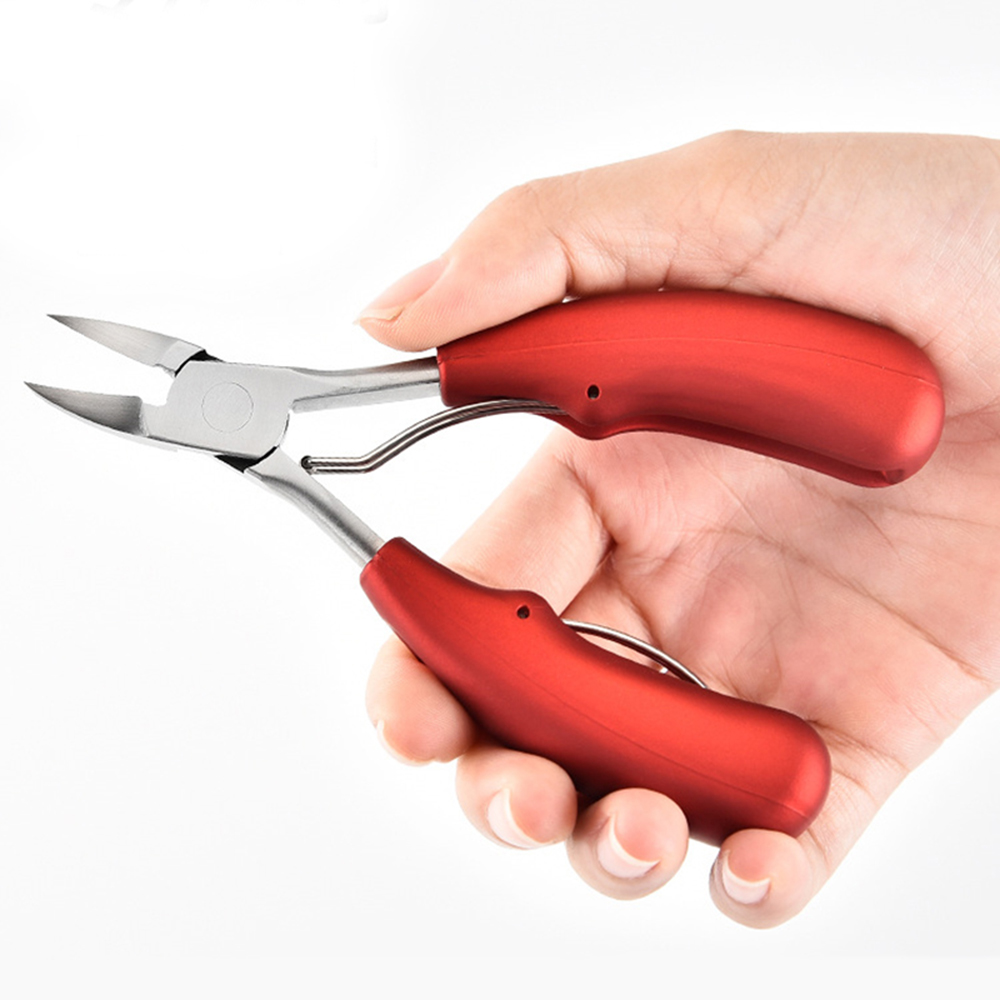UK hairdressers must learn to cut and style Afro hair, say new beauty regulations





UK hairdressers must learn to cut and style Afro hair, say new beauty regulationsIt will be now be compulsory for all UK hairdressers to learn how to cut and style afro and textured hair in a long-awaited update to hairdressing regulations.
In a recent review of the National Occupational Standards (NOS) for hairdressing, it was found that many qualifications did not require students to learn how to cut and style afro and textured hair, resulting in a major gap in professional expertise for this demographic.
Now, new NOS guidelines published in June have been updated to cater for those with afro and textured hair, thanks to campaigning from the British Beauty Council.
In 2019, it set up a taskforce with the Hair & Beauty Industry Authority (Habia) to push for a revised NOS, which outlines practice standards for hairdressers across the UK.
The update to the NOS guidelines, however, has been a long time coming. In 2017, a study by Habia revealed that there were 35,704 beauty salons in the UK, but only 302 Afro-Caribbean salons.
Radio 1 DJ Clara Amfo spoke out about the issue in an Instagram post that same year after the Selfridges’ Braid Bar invited her in for a free hairstyling session despite the fact that it had very little representation of black women with afros or textured hair on their social media platforms.
“Whilst I’m flattered that the Braid bar love my style, I couldn’t help but slow eye roll and LOL at the naive audacity of this offer,” Amfo wrote in the post.
“When I looked on this account 90 per cent of the images are of white women with European hair, Women like me are NOT represented here,” she continued before going on to accuse the brand of cultural appropriation.
“To explain further the Braid bar general creative aesthetic is clearly influenced by popular R&B, Hip Hop and Dancehall culture, which originates from black women....yet there are barely any black women, particularly with hair texture like mine on their page.”
The company subsequently issued an apology to Amfo after having met with her personally to discuss the issue at length.
Commenting on the new standards, Helena Grzesk, chief operating officer at The British Beauty Council said she is pleased that NOS for hairdressing will finally be more inclusive.
She said: “We share Habia’s belief that the hair and beauty industry can and should be truly inclusive, but until now, tens of thousands of hairdressers have no qualifications in cutting and styling afro and textured hair.
“We have supported the industry and Habia, ever since we launched in 2018, for the standards to reflect and represent the diverse range of hair types and textures of clients across the hair and beauty sector.
“Our aim is to amplify and celebrate the voices of all the communities the industry serves to ensure each and every one of us feels seen, heard, valued and excited to engage with the beauty industry. We are naturally delighted that the new standards have now been approved.”
Reference: Independent: Olivia Petter
Articles - Latest
- A yoga teacher says this five-minute stretch is all you need to maintain flexibility in your spine
- Can't do a deep squat? Use this coach's four-step plan
- 6 Reasons Your Feet Are So Itchy
- Surprising Benefits of Using Bay Leaves on Your Feet
- I run 50 miles a week and this is my go-to 20-minute yoga-for-runners workout to boost my flexibility
- How to do hanging leg raises with perfect form, according to trainers
- The two exercises everyone should add to their strength workouts to see results, according to an expert trainer
- 1 year of heavy strength training could offer 4 years of benefits, study suggests
- Research Has Unveiled How Many Sets You Need to Do to Build Muscle
- I did 50 frog crunches every day for a week — here's what happened to my abs
- 10 physio-approved exercises for runners that will help you build strength and mobility
- Forget sit-ups — this 3-move standing ab workout chisels your abs and obliques
- What to do when plantar fasciitis is so bad you can't walk
- Five exercises better than side bends to sculpt strong obliques
- Forget Russian Twists — this 10-minute stability ball workout targets your abs and glutes
- Professor explains how we are all doing one exercise wrong and it is causing us pain
- Supplies, Description, and Usage - Tech Nails-2
- Supplies, Description, and Usage - Tech Nails
- Exercises for Plantar Fasciitis
- Shoes, insoles and splints: Cushioning and support - Plantar fasciitis
- 10 best bum workouts and 25 bum exercises for a 🍑'ier butt
- The dos and don’ts of running when you’re over 40
- This 30-minute workout can be done from just about anywhere
- I teach stretching routines for a living — 3 exercises that strengthen your hips and open your hamstrings
- Somatic exercise has gone viral promising to lower cortisol levels, ease stress, and boost health - so, does it actually work?
Articles-Popular
- Home
- Calluses and Corns-4-Padding and Insoles To relieve Pressure
- Add Muscle, Build Stamina and Fire up Your Metabolism with Our Three-Move Strongman Circuit
- The two exercises everyone should add to their strength workouts to see results, according to an expert trainer
- Appreciate Your Feet
- Contacts
- Therapy Price List- Aromatherapy - Counselling
- WEB - LINKS
- The Awareness of Foot Care
- Nail Technician Resume
- Join us as a Therapist
- Blisters on the Feet
- Skin Care-Feet
- Galleries
- TCM - Therapy Prices
- Podiatry/Chiropody Price List
- Bacterial Infections
- Nail Technician Job Description
- Itching Skin on the Feet
- Athlete's Foot
- Sweaty or Smelly Feet
- Appointments
- Gallery - Pedicured Feet
- Calluses and Corns - 2
- Skin Changes Associated with Blood Flow






